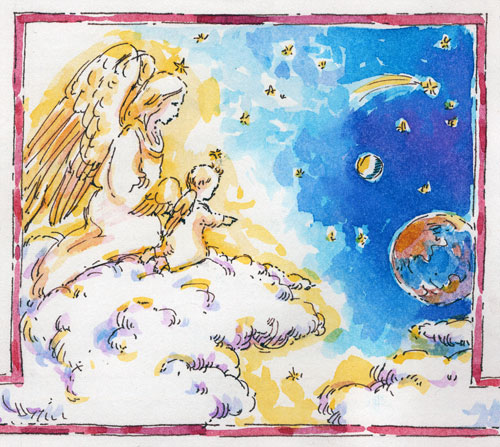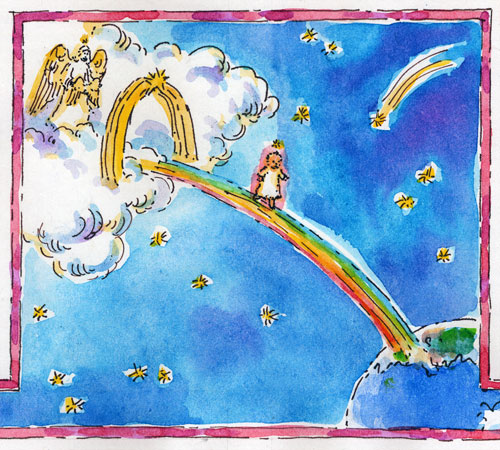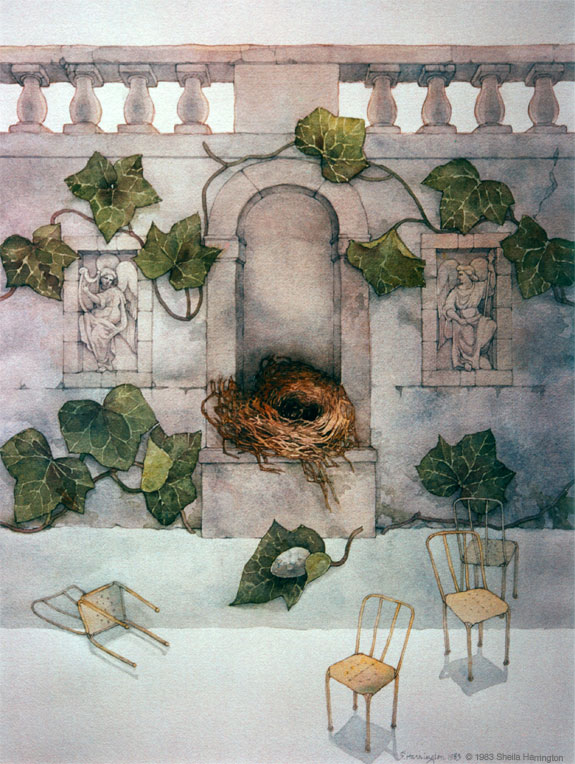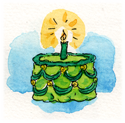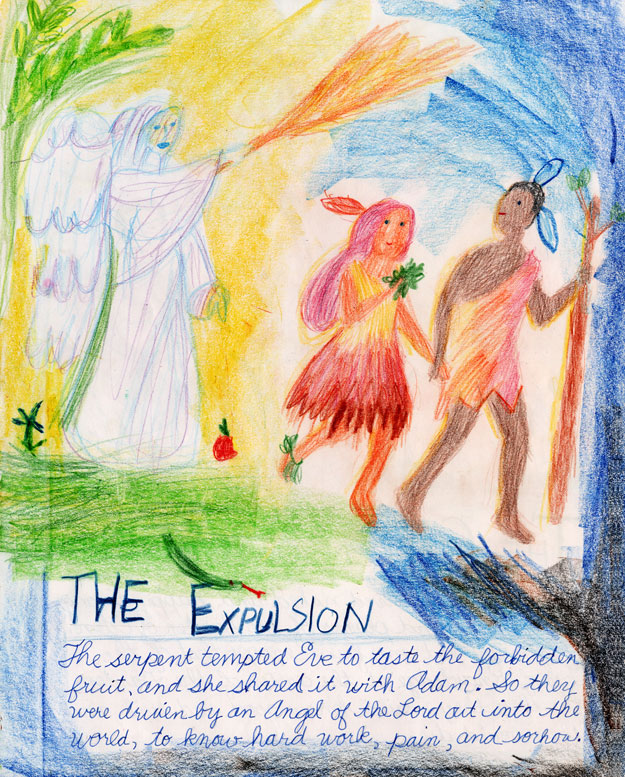For the first day of fall, a poem by Paul Verlaine. Translation by Arthur Symons.
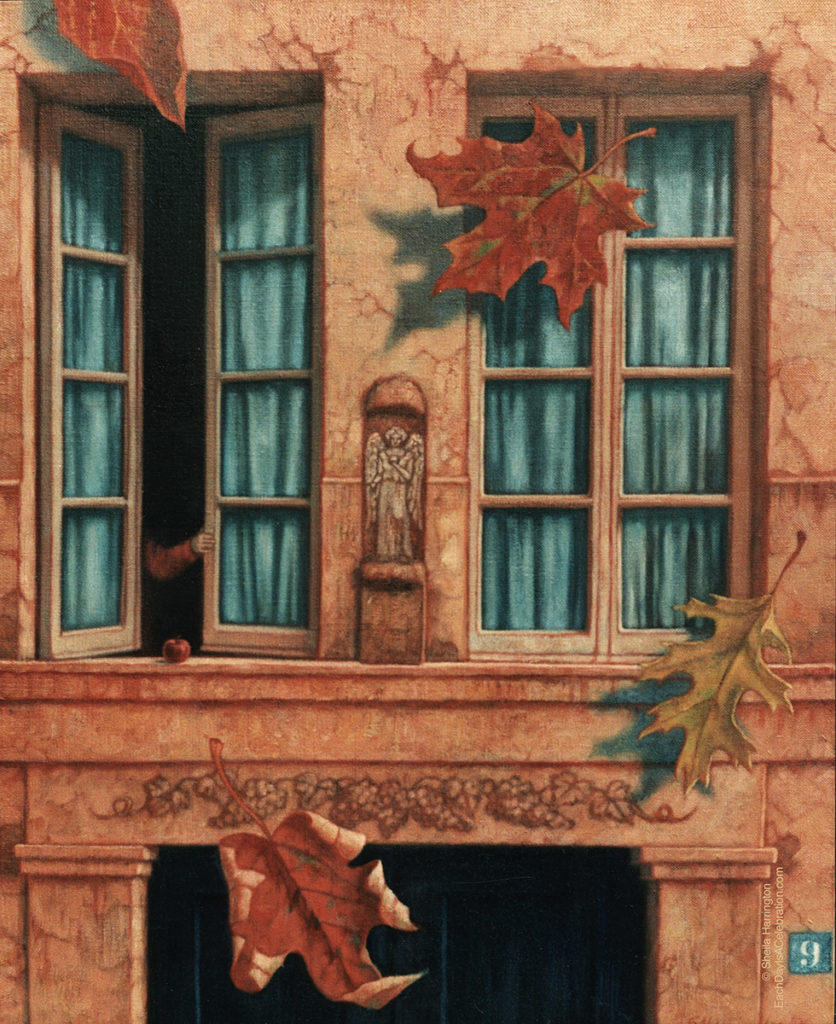
Les sanglots longs
Des violons
De l’automne
Blessent mon coeur
D’une langueur
Monotone.
Tout suffocant
Et blême, quand
Sonne l’heure,
Je me souviens
Des jours anciens
Et je pleure
Et je m’en vais
Au vent mauvais
Qui m’emporte
Deçà, delà,
Pareil à la
Feuille morte.
—Paul Verlaine (1844-1896)
When a sighing begins
In the violins
Of the autumn-song,
My heart is drowned
In the slow sound
Languorous and long
Pale as with pain,
Breath fails me when
The hours tolls deep.
My thoughts recover
The days that are over
And I weep.
And I go
Where the winds know,
Broken and brief,
To and fro,
As the winds blow
A dead leaf.

